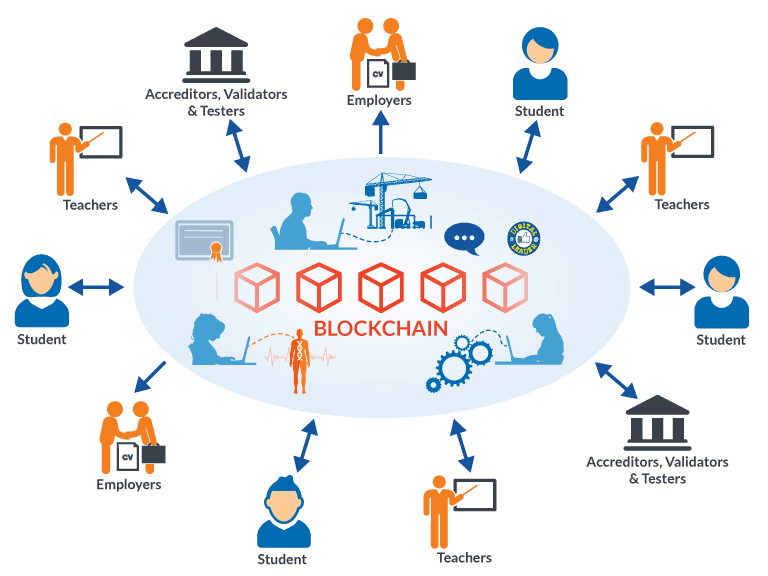If you are wondering how to prepare for the FinTech job interview, don’t worry! Everyone is nervous when they have to attend interviews. Firstly, start with your revision and preparedness for the job.
One of the swiftest ways to be well-prepared, if you are a senior professional is to enroll for a Professional Fintech Certification or if you are just entering the world of management then enroll for MBA in Fintech
One of the swiftest ways to be well-prepared is to do a fintech course at Imarticus Learning. They include a curriculum that is well-designed and covers all topics needed while providing you additional training for soft skill development, resume writing, mock interviews, and assured placements. One can’t ask for more. Right?
Let’s peek into the broad areas required to conquer those butterflies in your stomach. Preparing answers under the following subheads will help give you a good start.
A. Questions on your background in technology.
Expect questions like
- What technical experience do you have in the fintech industry?
2. What is your favorite app and why?
3. What are your negatives in the IT field?
These general questions are aimed at checking out your skillset, background, IT experience, and relevance of your experience to the scope of fintech in the recruiting organization. Your answers should be what is in your resume, straight forward, and highlight any specialization or work experience that is of value to the organization.
The weaknesses and knowledge gaps are meant to be justified and not lied about. Remember that when you claim to have the experience, they will definitely revert to it in subtle questions that follow.
B. What are your motivators and interests?
Here you can expect questions like
- What fintech technologies interest you and how would you apply them?
2. How will you use the smartphone to improve your business?
3. Explain how you can be the game-changer in our technology development and how it would improve our business.
The interviewer here is probing the financial knowledge and its linkages to your technical knowledge, experience, and interests. Link your answers to areas of interest to the recruiting company, your tech- passions and attempt to put a figure on the value added to sweeten the answer.
A good understanding of the technology used, business use of IT, and sound financial skills make you a desirable potential recruit. Be innovative and include some research for fresh ideas in the recruiting company’s areas of interest.
C. Your last job:
You will be probed with questions like:
- What project were you recently working on?
2.Which of your projects are you proud of and why?
3. Tell us how you applied your knowledge to the project and what was your contribution to it?
This is not the time to wax eloquent about all your projects. This is your chance to show you can use your skills innovatively and bring fresh ideas to the table. The purpose of your work, its practical implementation value, your contributions, and how you enhanced project value is what they are looking for. Rather than technical jargon try to show you understand the purpose and end-user impacts.
D. Your fintech awareness:
It’s time for questions like:
- What’s do you think of the government’s policy on fintech?
2. What would you do to improve our website or IT?
3. How would you tackle the competition in the market for our product?
Recent developments and staying up to date is are what most employers desire of you. Stay abreast of the latest fintech developments, projects, and news. Don’t repeat facts and figures. Rather add value by giving your insights.
E. Your ability to solve problems innovatively:
The questions here are real tests and can be perplexing at times.
- Is 3,599 a prime number?
2. What will you do if you were asked to overhaul our customer support division?
3. What is your take on using Agile in our organization?
There will be some questions that may not actually seem relevant and are like brain-teasers. It is your approach and justification that matters. There may not even be the right answer to all questions asked. Don’t panic and think of a reasonable way to solve the question posed.
Conclusion:
A fintech career is literal jugglery of multiple domains within the scope of fintech like finance and technology, soft skills, intent, dedication, and a good personality. Especially for first-timers, the fintech interviews are stressful. Don’t worry about failure. But, do think of Plan-B in case that happens.
At Imarticus Learning, the methodology is to practically train you as a generalist on all the above tasks and includes resume-writing, personality development, and interview-training modules leading to assured placements.
Their Fintech courses are widely accepted in industry circles as a skill-endorsement and being job-ready. So, why wait? Enroll today.




